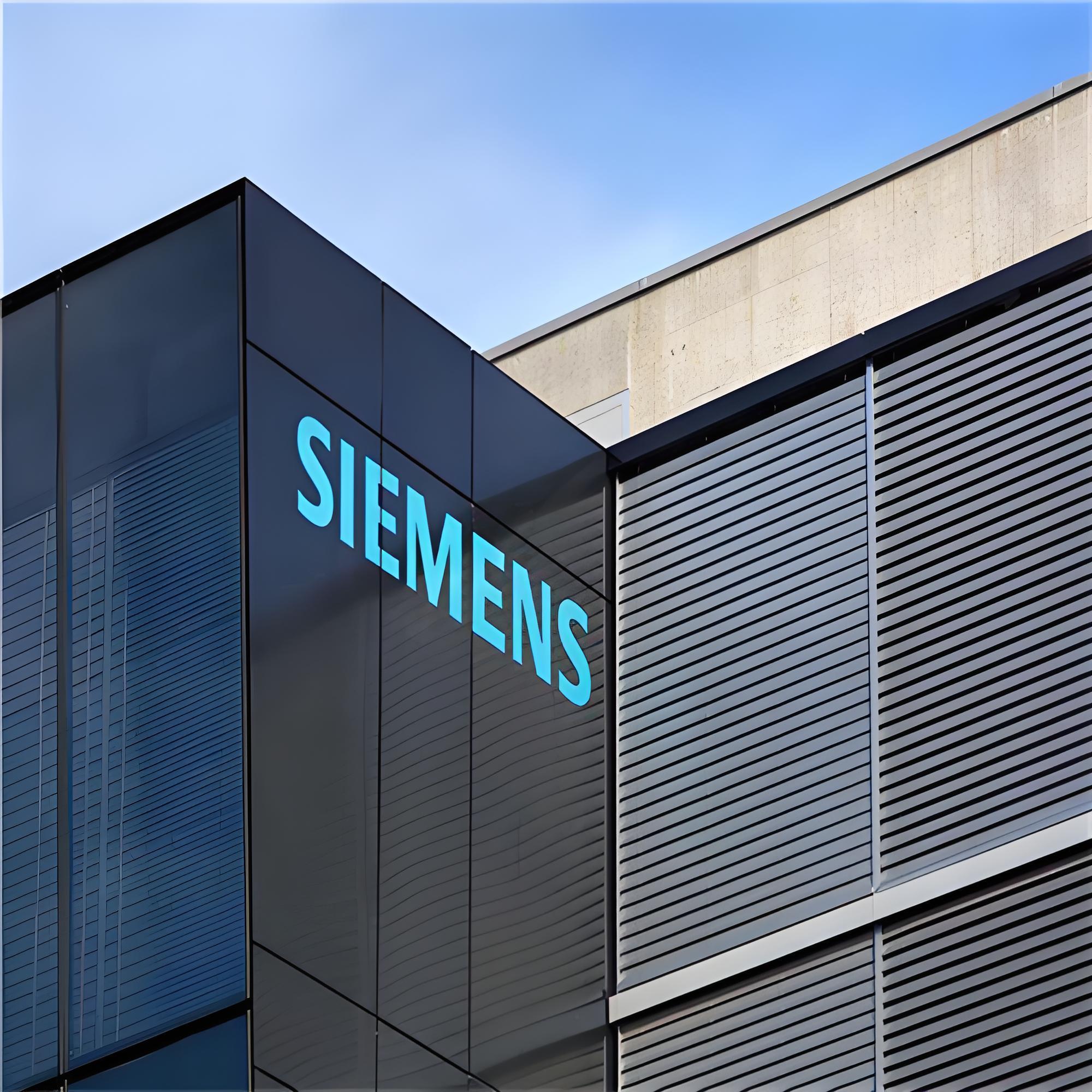Unlocking Efficiency: The Power of PLC Modules in Industry
Discover how PLC modules revolutionize industrial automation, enhancing efficiency and productivity.
Published Time
2025-09-17

Introduction: The Heart of Automation
In the fast-paced world of industrial automation, the PLC module stands out as a game changer. You might be wondering, what exactly is a PLC module? Well, it's a programmable logic controller module that allows for the automation of various processes in manufacturing environments. From controlling machinery to managing assembly lines, these little powerhouses are the unsung heroes of modern industry.
What Makes PLC Modules Tick?
At their core, PLC modules are designed to execute control functions, and they do so with remarkable precision. Imagine this: a factory floor where every machine is interconnected, communicating seamlessly to maximize efficiency. That's precisely what PLC modules achieve. With inputs and outputs that can be customized, they can adapt to a myriad of industrial needs.
Real-World Applications of PLC Modules
Let's dive into some industry cases where PLC modules have made a significant impact:
1. Automotive Manufacturing
In the world of automotive manufacturing, time is money, and efficiency is king. PLC modules are utilized to control robotic arms that assemble vehicles. By programming the PLC module to make real-time adjustments based on production needs, companies can reduce downtime and increase output. Talk about working smarter, not harder!
2. Food Processing
Ever thought about how your favorite snack is produced? Well, PLC modules play a crucial role in food processing plants. From monitoring temperatures in ovens to controlling the mixing of ingredients, these modules ensure that food safety standards are met while streamlining operations. Yum!
3. Water Treatment Facilities
Water treatment might not be the most glamorous industry, but it's vital for public health. PLC modules manage the processes of filtration, chemical dosing, and overall water quality monitoring. By automating these tasks, facilities can respond to changes in water quality instantly, ensuring safe drinking water for communities.
Benefits of Using PLC Modules
Now that we've seen them in action, let's talk about why PLC modules are a go-to solution for many industries:
- Flexibility: With the ability to be reprogrammed, they can adapt to changing production processes without the need for extensive hardware changes.
- Cost-Effectiveness: By automating tasks, companies can reduce labor costs and minimize waste, leading to better profit margins.
- Reliability: PLC modules are built to last, designed to withstand harsh industrial environments, and operate continuously without hiccups.
The Future of PLC Modules
As we look ahead, the role of PLC modules in the industry is only set to grow. With advancements in IoT (Internet of Things) and Industry 4.0, these modules are becoming even more integrated into smart factories. Imagine a world where PLC modules are not just controlling machinery but also analyzing data to predict maintenance needs. Exciting times, right?
Conclusion: The Backbone of Modern Industry
In conclusion, the PLC module is more than just a component; it's the backbone of modern industrial automation. Whether you're in automotive, food processing, or water treatment, the benefits they offer are undeniable. So, if you're looking to boost efficiency and streamline operations, investing in PLC modules might just be the ticket to success!


